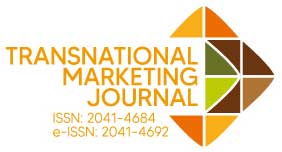Travel Intentions And Preferences Amid the Covid-19 Pandemic: the Case of Bulgaria
Sofia University
Abstract
The paper deals with travel intentions and preferences of Bulgarian residents amid the pandemic as identified in a survey conducted online with 350 participants in April-May 2021. The analysis covers (1) intended frequency of different types of travel, (2) general travel preferences, and (3) specific preferences regarding the choice of accommodation. It also explores which demographic and social factors determine travel intentions and preferences during the pandemic. Both expected and unexpected findings are presented, with some wide-spread anticipations being challenged in a specific country context. Results show that people have become more restrained towards all types of travel, especially abroad and for business. However, in the case of Bulgaria the shift toward domestic tourism seems forced by external constraints rather than due to internal factors such as health risk perceptions of strong patriotic feelings. Of paramount importance for the travel choices of Bulgarian customers is the combination of economic and sanitary factors providing both financial and health safety. In contrast to most studies around the world, ‘pure’ health-related preferences associated with the level of COVID-19 contamination or vaccination are of relatively low significance. Age stands out as a major determinant of travel intentions and preferences while other socio-demographic factors are not clearly related to intended frequency of travel but do matter in terms of various travel preferences.
